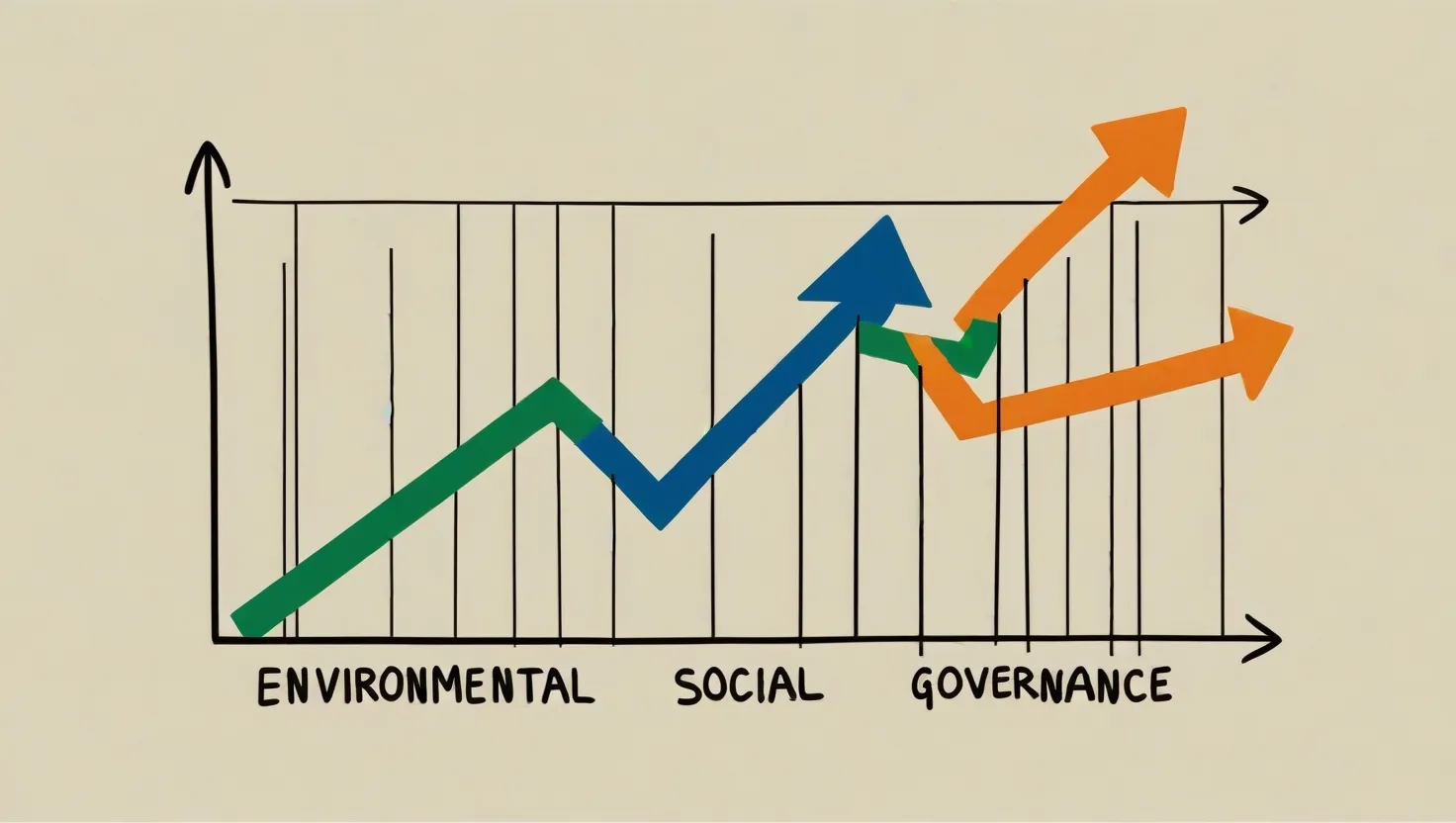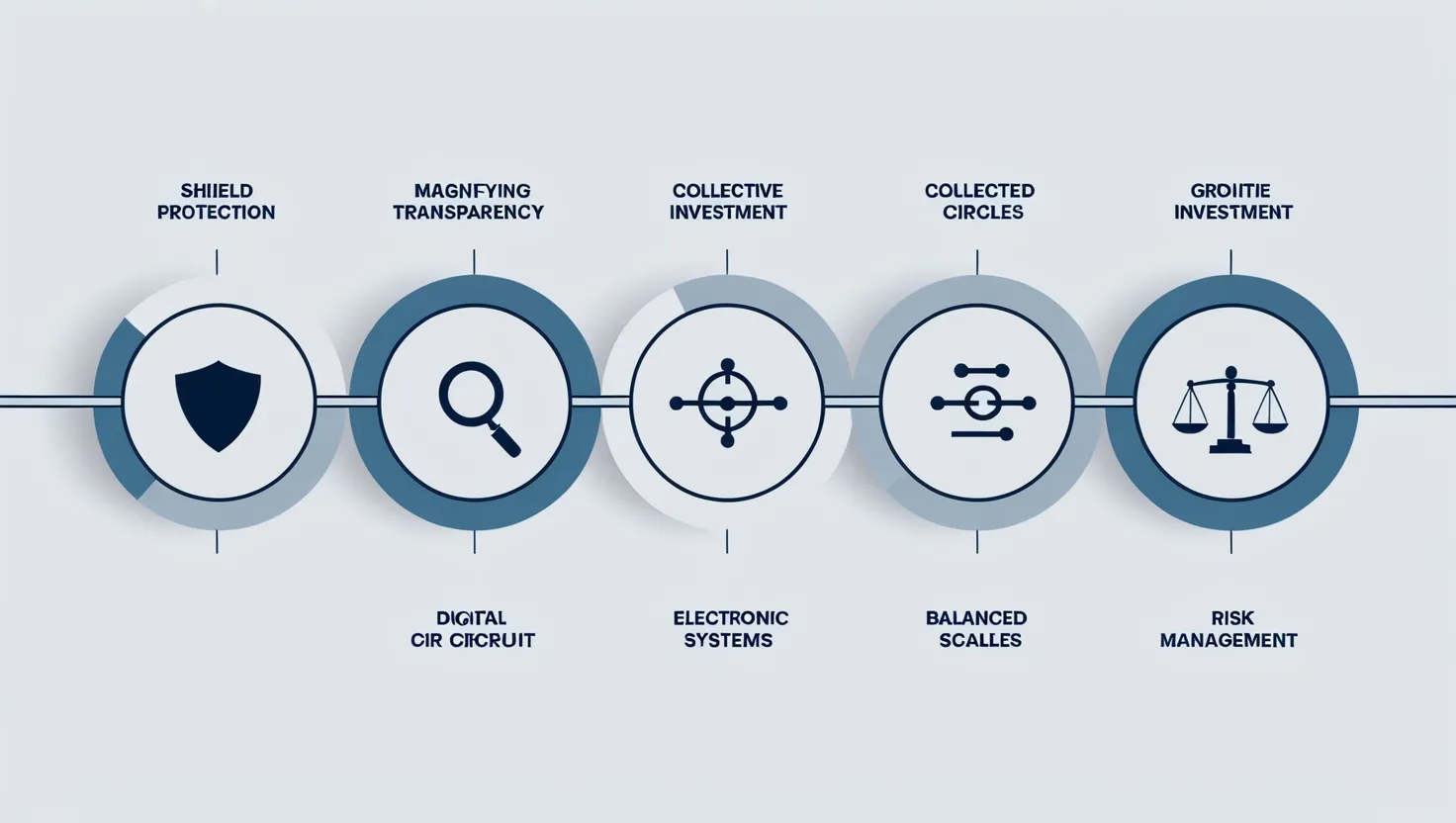When it comes to managing our finances, many of us like to think that we make decisions based on cold, hard logic. However, the truth is that our emotions play a far more significant role in shaping our financial choices than we often acknowledge.
The Fear Factor
Fear is one of the most potent emotions that can influence our financial decisions. It’s the fear of loss that often drives us to make irrational choices. For instance, during times of economic uncertainty or market volatility, fear can lead us to sell our investments hastily, even if it means selling at a loss. This phenomenon is known as loss aversion, where the pain of losing money outweighs the joy of gaining it. Imagine the COVID-19 pandemic, when people were hoarding essentials like hand sanitizers and toilet paper out of fear of scarcity. This same fear can cause us to avoid investing in the stock market or starting our own businesses, simply because we fear the potential losses.
Fear also fuels the insurance industry, as people pay premiums to mitigate their fear of losing their homes, cars, or other possessions. It’s a protective mechanism, but one that can sometimes lead to overly cautious financial decisions.
The Greed Trap
On the other end of the spectrum is greed, which can lead us to take on excessive risk in pursuit of quick profits. Greed fuels the get-rich-quick mentality, encouraging behaviors like gambling, investing in cryptocurrency, or buying lottery tickets. These actions are often driven by the thrill of potential gain, without fully considering the risks involved. For example, the allure of cryptocurrency can be so strong that people invest large sums without understanding the underlying technology or the market volatility.
Greed can also make us overlook potential downsides or risks, focusing solely on the upside. It’s the excitement of the potential win that clouds our judgment, leading us to make decisions that might not be in our best interest.
The Happiness Paradox
Even positive emotions like happiness can impact our financial decisions. When we experience windfall gains or investment successes, it can lead to overconfidence. We might start taking on more risks, believing we are invulnerable to losses. This overconfidence can be dangerous, as it makes us less cautious and more prone to making impulsive financial decisions.
For instance, if you receive a bonus or an inheritance, the initial feeling of happiness might prompt you to splurge on something you’ve always wanted but don’t necessarily need. While it’s okay to celebrate, it’s important to step back and assess whether this decision aligns with your long-term financial goals.
Emotional Selling and Marketing
Emotions are not just internal drivers; they are also exploited by marketers to influence our financial decisions. Emotional selling involves appealing to our emotions rather than our rational thinking. For example, investment ads often use fear or greed to persuade people to invest in certain products. They might highlight the fear of missing out (FOMO) or the potential for quick gains, without fully disclosing the risks.
This is why it’s crucial to recognize when you’re being emotionally manipulated. Take a step back, assess the facts, and make decisions based on rational analysis rather than emotional appeal.
Time Horizon and Risk Appetite
Our financial decisions are also influenced by our time horizon and risk appetite. People with a short-term time horizon tend to be more risk-averse and focused on short-term gains. They might make decisions based on immediate returns rather than long-term growth. On the other hand, those with a long-term time horizon are more likely to focus on long-term growth and are less swayed by short-term market fluctuations.
For example, if you’re saving for a down payment on a house in the next year, you might opt for safer investments like bonds or savings accounts. However, if you’re saving for retirement 20 years down the line, you might be more inclined to invest in stocks or mutual funds, which offer higher potential returns over the long term.
The Power of Mindfulness
To make better financial decisions, it’s essential to practice mindfulness and self-awareness. Before making any financial decision, take a moment to reflect on your emotions. Are you acting out of fear, greed, or rational analysis? Recognizing your emotional triggers can help you make more informed choices.
For instance, if you find yourself wanting to sell your investments during a market dip, take a step back and ask yourself if this decision is driven by fear or a rational assessment of the situation. Sometimes, simply acknowledging your emotions can help you make a more rational choice.
Seeking Professional Advice
Understanding your own psychology is key, but it’s also important to seek advice from professionals. A financial advisor can provide an independent perspective on your financial situation and goals. They can help you evaluate your options and avoid making decisions solely based on emotions.
Imagine having a financial advisor who can objectively assess your financial plan and point out where emotions might be clouding your judgment. This outside perspective can be invaluable in making sound financial decisions.
Money Scripts and Residual Self-Images
Our financial decisions are also influenced by our “money scripts” – the beliefs and attitudes about money that we develop from our upbringing, family, and societal influences. These scripts can drive our behavior in ways we might not even realize. For example, if you grew up in a family that always lived frugally, you might have a money script that makes you overly cautious with your finances.
Additionally, we often hold onto “residual self-images” – views of ourselves as we used to be rather than who we are now. This can lead to managing our wealth using old habits rather than adapting to our current financial situation. Recognizing and challenging these scripts and self-images can help us make more appropriate financial decisions.
Philanthropy and Emotional Giving
Emotions also play a role in philanthropy. Giving to charity often makes us feel good, even if it requires some sacrifice. This feeling of happiness can motivate us to donate more than we might if we were making the decision purely based on logic.
For instance, if you donate to a local charity, the sense of community and the knowledge that you’re helping others can make you feel more fulfilled than if you were to keep the money for yourself. This emotional benefit can sometimes outweigh the financial cost.
Focusing on Facts
While emotions are inevitable, focusing on the facts can help mitigate their influence. When making financial decisions, try to break down the numbers and analyze the situation objectively. This can help you see through the emotional fog and make more rational choices.
For example, if you’re considering a tax-advantaged wealth transfer, don’t let fear of needing the money in the future cloud your judgment. Instead, objectively assess whether you have enough to meet all your lifestyle needs and then make a decision based on that analysis.
Understanding Your Relationship with Money
Money is intensely personal and deeply intertwined with our emotions and psychology. Understanding how we use money says a lot about us and can help us navigate our financial decisions more effectively.
Reflecting on your own relationship with money can be enlightening. Ask yourself questions like: What are my emotional triggers when it comes to money? How do my past experiences influence my current financial decisions? By understanding these dynamics, you can make better choices that align with your long-term goals.
In conclusion, our financial decisions are far from being purely logical; they are heavily influenced by our emotions. Recognizing and understanding these emotional drivers is crucial for making informed and rational financial choices. By being mindful of our emotions, seeking professional advice, and focusing on the facts, we can navigate the complex world of finance with greater confidence and make decisions that truly benefit us in the long run.






